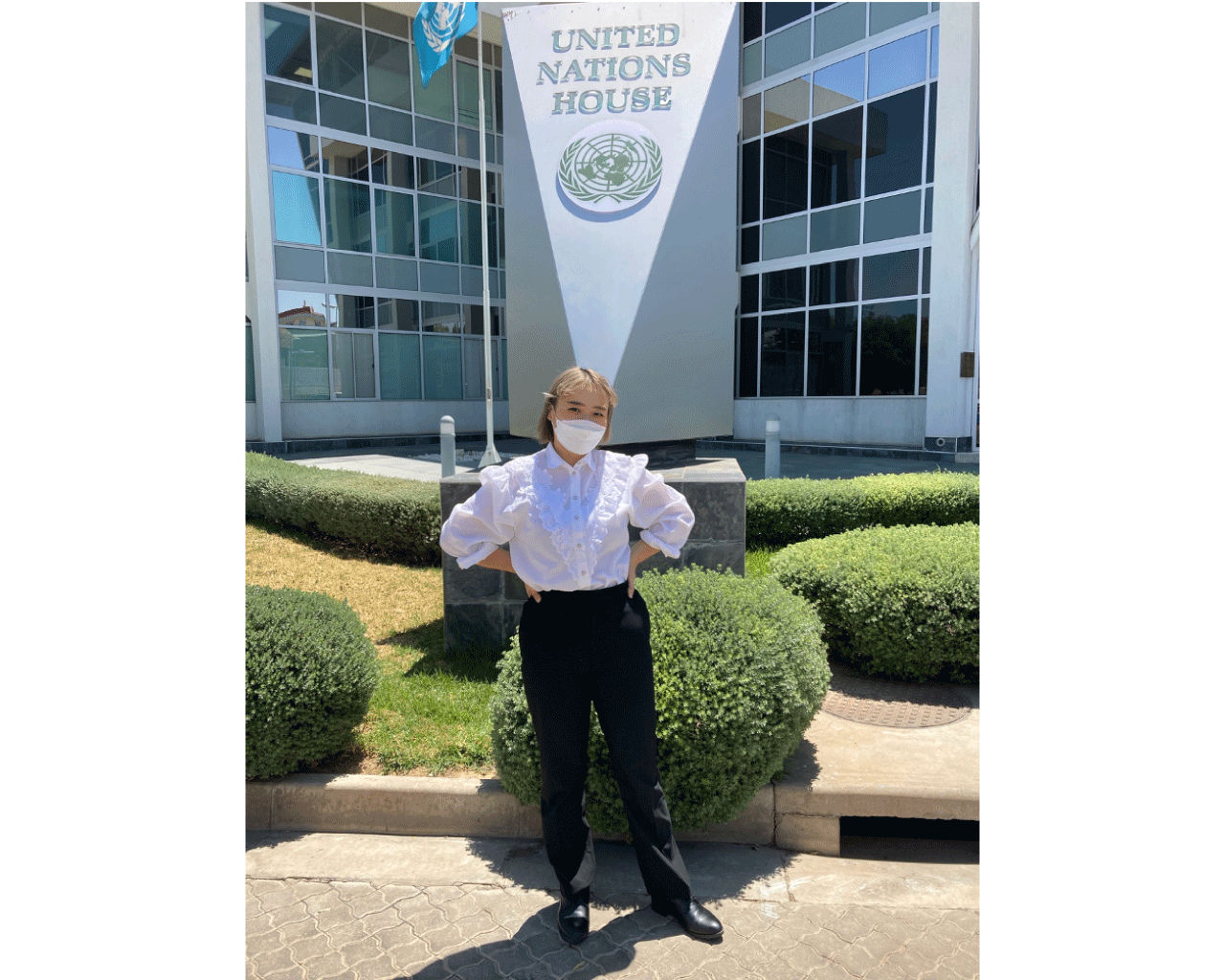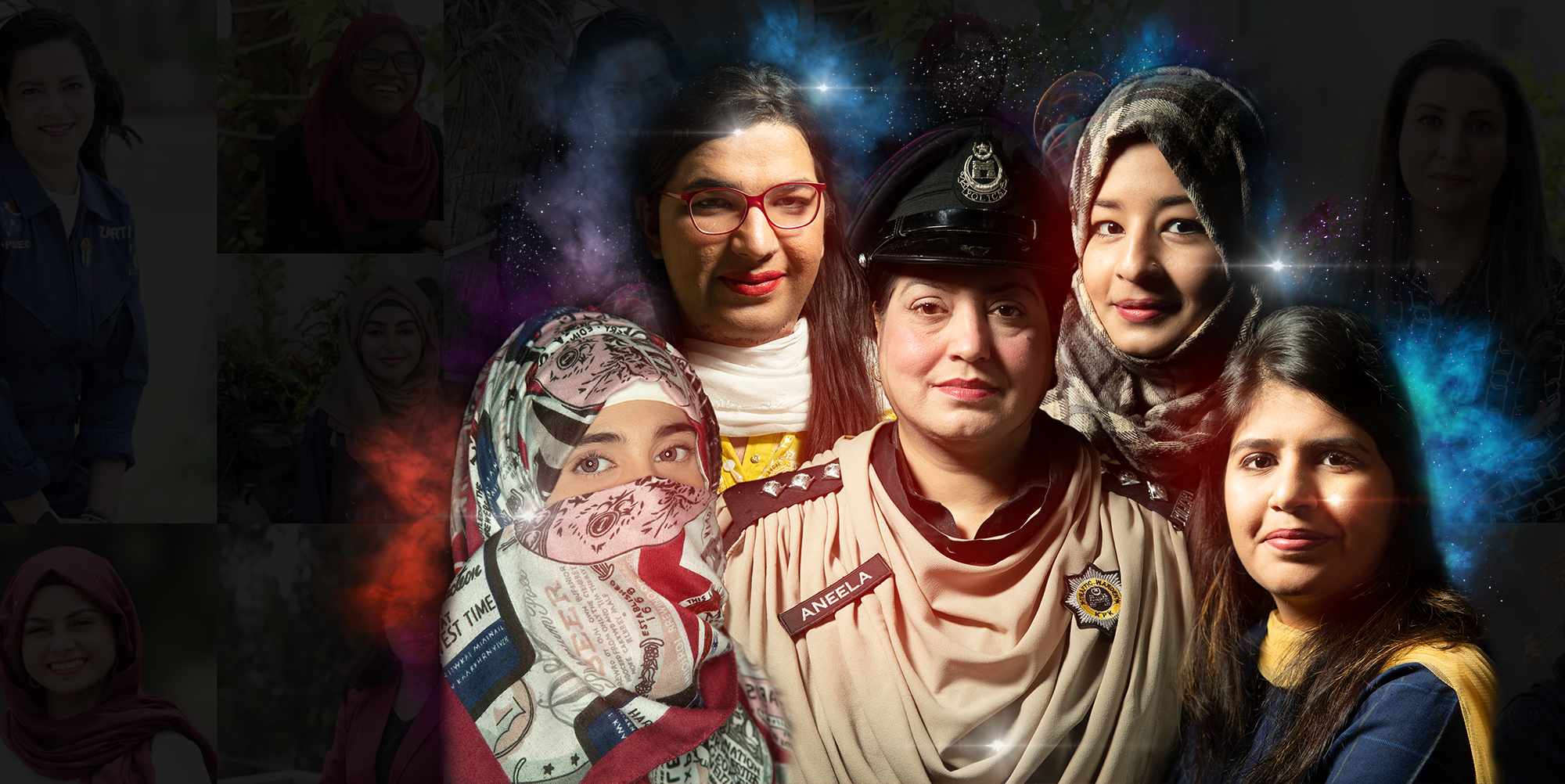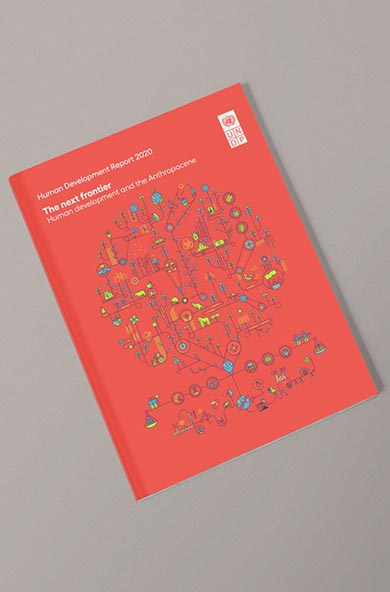Lahore, August 9, 2021—To scale up inequality debates at the provincial level, UNDP Pakistan through its Punjab SDGs Support Unit organized a provincial dialogue with the Punjab SDGs Taskforce, on the ‘Role of Policymakers in Reducing Inequalities’ and leaving no one behind.
The dialogue aimed to initiate provincial-level discussion on UNDP Pakistan’s National Human Development Report (NHDR) 2020. The report, launched by Prime Minister Mr. Imran Khan ealirer this year, explores the three Ps of Inequality: Power, People, and Policy—as key drivers of inequality prevalent in the country.
The dialogue brought together parliamentarians from the Provincial Assembly of Punjab; members of the Punjab SDGs Taskforce; representatives from the Development Policy Unit, UNDP Pakistan; Planning & Development Board Punjab, Punjab SDGs Unit; and media.
Notable speakers included Mr. Mian Muhammad Shaifi, Convener Punjab SDGs Taskforce; Mr. Umer Akhlaq Malik, Policy Analyst, Development Policy Unit, UNDP Pakistan; Dr. Muhammad Aman Ullah, Joint Chief Economist, P&D Board Punjab; and Mr. Shahzad Khalil, Project Manager, Punjab SDGs Unit.
“It is high time now to capitalize on the research and findings outlined by UNDP’s NHDR 2020, to synergize our policy efforts to achieve our development targets. We need to adopt an equitable and inclusive approach to development, focusing on the poorest districts of Punjab to address structural barriers and yield maximum benefit from our policy interventions,” said Mr. Mian Muhammad Shaifi, Convener Punjab SDGs Taskforce.
Regarding income inequality in Pakistan, the NHDR 2020 highlights that the wealthiest quintile in Pakistan earns about 50% of the total income, while the poorest quintile earns only seven percent. The report also outlines the stark inequalities in human development depending upon their income group. For instance, Punjab’s richest quintile (Q5) has almost 5 times more GDP per capita (PPP $) than the poorest quintile (Q1) (2018-2019). Punjab’s growing income inequality can be explained by higher levels of rapid urban development in metropolitan cities. The urban-rural income gap in Punjab has also increased by 5 percentage points between 2015 and 2019 (55% higher in 2015-16 vs. 60% higher in 2018-19).
The participants also deliberated on the suggested measures to overcome structural barriers and actionable policy recommendations to address disparities and accelerate action towards achieving sustainable development.
For additional information, please contact Ayesha Babar at ayesha.babar@undp.org or +92 (51) 835 5650
### ### ###
UNDP is the leading United Nations organization fighting to end the injustice of poverty, inequality, and climate change. Working with our broad network of experts and partners in 170 countries, we help nations to build integrated, lasting solutions for people and planet.
Learn more at undp.org or follow at @UNDP

 Locations
Locations




















